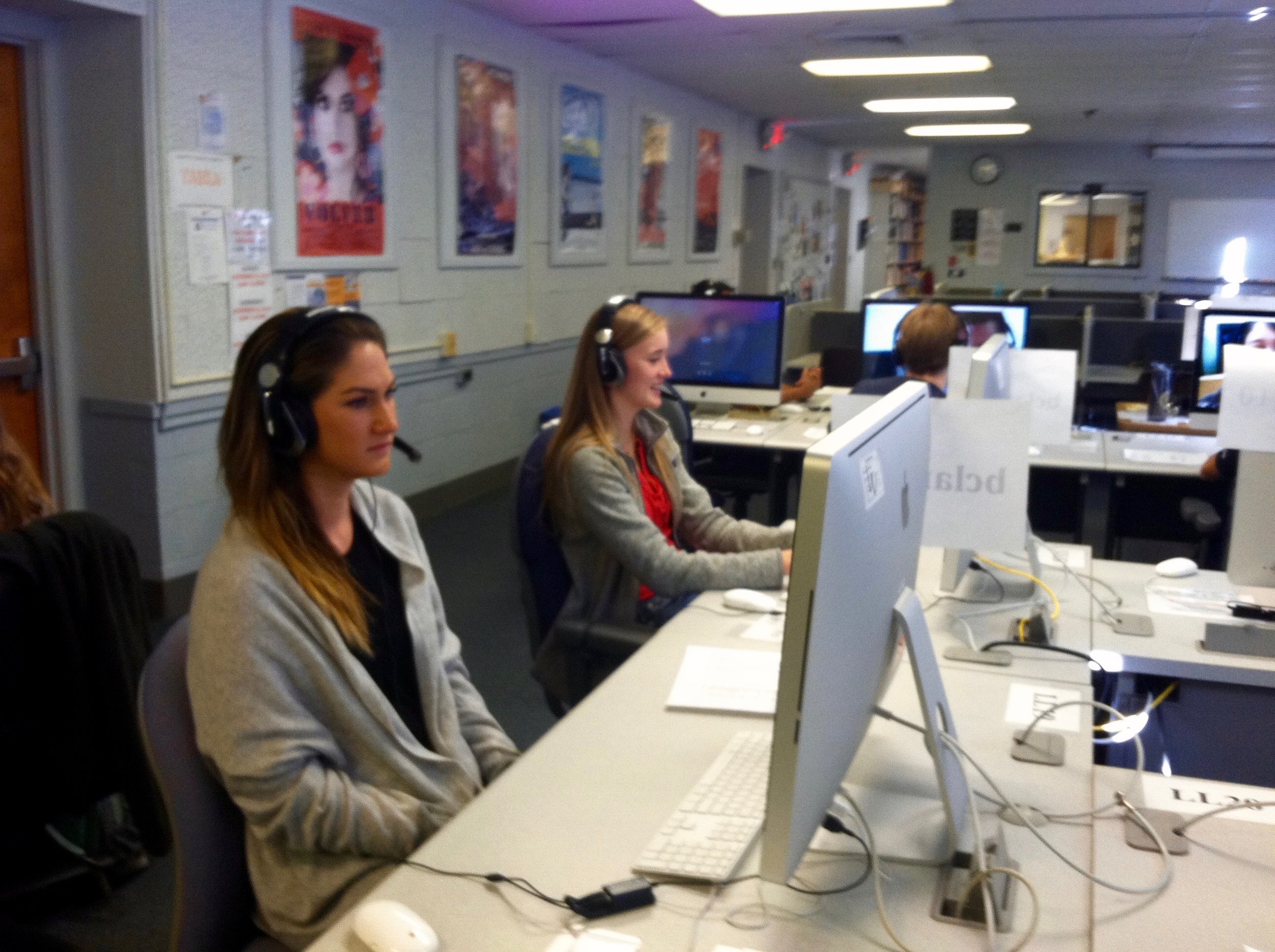By Adela Penagos, PhD, President
It is that time of the year when we are ready for a break after the first half of the term. Some will head to sunny destinations, others will spend time with family and friends, and still others will go on service trips. Regardless of what you do during your time off, it is important to spend some time taking stock of what has worked well during the first seven weeks of your term and what hasn’t.
1. Are you making the most of your time in class?
The students who succeed in the classes I have taught come to class fully prepared. This means that they did their homework, studied the material for that class day prior to our meeting time, and have questions regarding anything they were unable to grasp from the readings or exercises for the day. If you do your homework on autopilot, even when completing all assignments, you will not be able to master the material. To study well means to get a clear sense of the topic that will be covered during class time prior to your arrival; to memorize concepts, formulas or terms; and to critically analyze such concepts in order to put them into practice. While I understand that cramming might have worked prior to college or can even work in some courses, most courses reward students who learn the material on a daily basis. This will be particularly handy during midterm and final exams, as the wise will be reviewing the material, while others will be learning it for the first time.
2. Are you utilizing faculty office hours?
Your faculty want to help you learn throughout the term and want to see you succeed. Thus, come to our office hours and ask questions. The students who tend to make the most of their time with their faculty come often and come prepared. Our office hours are the ideal time to go over any of the exercises you did not understand or did not feel comfortable asking about during class time; to help you strategize on how to approach studying to master the material (we have been in your shoes before and are happy to share studying techniques with you); and to ask feedback on your writing, class participation, or anything else that can help you succeed.
3. Are you making the most outside the classroom?
Sometimes, I wonder how all those hours that you are not in class are invested. It is important to find balance between studying, achieving wellness, serving others, socializing, and relaxing. However, do not forget that you are in college first and foremost to learn about your courses, your interests, and yourself. Thus, if your in class learning experience is not paying off, consult with your faculty, your academic adviser, and your institution’s tutoring services. If you simply delve full force into extracurricular activities, your self-esteem could suffer. Hence, build a balanced lifestyle that can translate and transition well beyond college. This will help you to make the most of this transformational time, as your college years will not come back, and prepare you for the future.
One of the highlights of any break is that if provides us with an opportunity to pause from our daily frenzy. Personally, I am taking time to read a wonderful book, spend time by the ocean to reflect in how I have been living my life and where I want to be at the end of this term, not only in regards to teaching or helping students in their college admissions process, but also in terms of my own learning. I hope you are able to return to school fully refreshed and ready for the second half.



